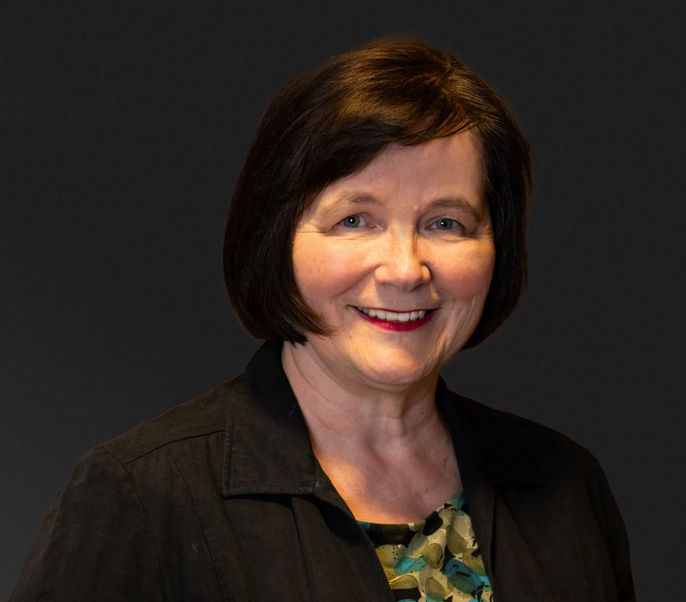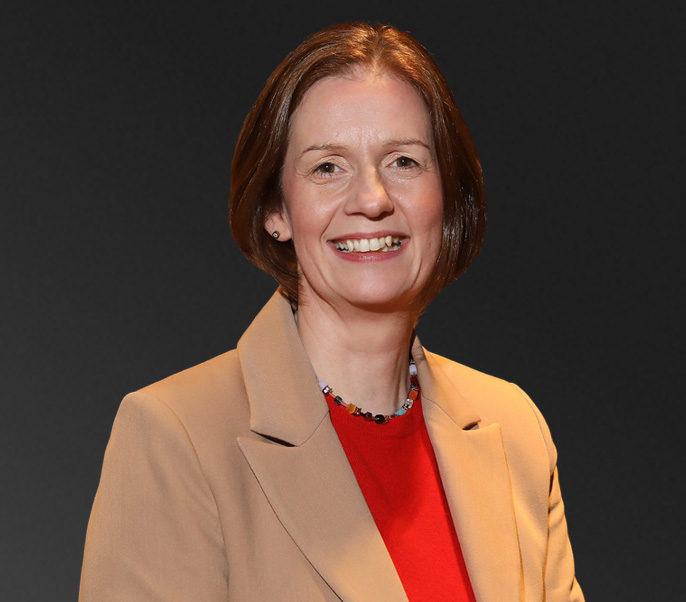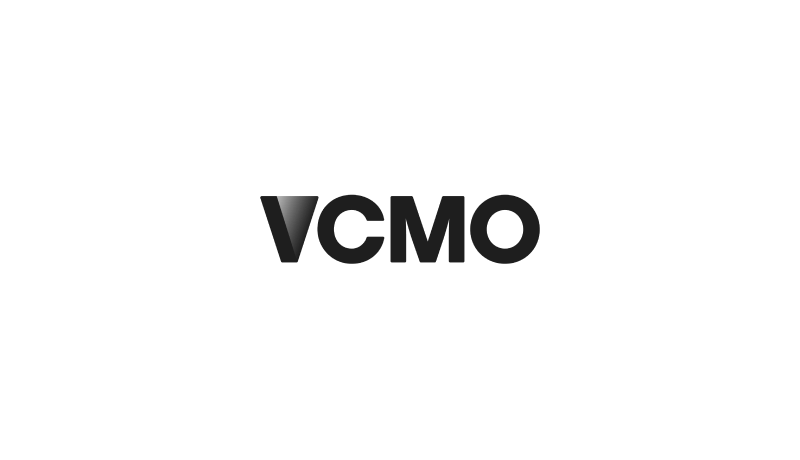Discover why hiring a Chartered Marketer gives CEOs, founders & investors strategic assurance, proven expertise & accountability in marketing leadership.
Introduction — Why Credentials Matter More Than Ever
Would you hire an unqualified accountant to manage your company’s finances?
Or an unaccredited solicitor to handle a legal dispute?
Of course not. For most business leaders, professional qualifications are non-negotiable in finance, law, or engineering. Yet in marketing — the discipline responsible for driving revenue, shaping brand equity, and fuelling growth — the same rigour is rarely applied.
The UK marketing industry is largely unregulated. Anyone can call themselves a “strategist”, “consultant”, or even a “Fractional CMO”, regardless of their training, experience, or professional standards. As a result, CEOs, founders, and investors often make high-stakes hiring decisions without a reliable benchmark of capability. The consequences can be costly: wasted budgets, stalled growth, or strategy built on shaky foundations.
This is where Chartered Marketers stand apart. Awarded by the Chartered Institute of Marketing (CIM) — the UK’s leading professional marketing body — Chartered status signals proven strategic expertise, commercial acumen, and a commitment to continuous professional development. It’s the closest thing the marketing profession has to a chartered accountant: a trusted mark of quality, accountability, and long-term value.
In this article, Paul Mills explores what it means to be a Chartered Marketer, why the designation matters more than ever, and how it can help you de-risk marketing leadership decisions. We’ll unpack the process of becoming Chartered, share how many professionals currently hold this status, and highlight the tangible business benefits of choosing Chartered talent over unqualified alternatives. Finally, we’ll show you how to verify Chartered credentials — and why agencies are often a blind spot in this conversation.
For CEOs, founders, and investors, this is a practical guide to raising the bar when it comes to marketing leadership.

What Is a Chartered Marketer?
A Chartered Marketer is a marketing professional who has achieved the highest level of professional recognition awarded by the Chartered Institute of Marketing (CIM) — the world’s leading professional body for marketers, established in 1911.
Chartered status is not simply a title; it represents a benchmark of excellence. It demonstrates that the individual has:
- A proven track record of delivering strategic marketing leadership and commercial impact.
- Achieved and maintained a rigorous set of professional standards, underpinned by formal qualifications and experience.
- Committed to continuous professional development (CPD), ensuring their knowledge remains current in a fast-evolving discipline.
- Adhered to the CIM’s Code of Professional Conduct, which promotes integrity, transparency, and accountability in all marketing practice.
In practical terms, a Chartered Marketer is someone who operates at a strategic level — typically leading marketing functions, advising boards, or acting as senior consultants or fractional CMOs. They bring both breadth and depth: breadth across the marketing mix, and depth in strategic planning, leadership, and commercial integration.
This is not an honorary designation. Chartered Marketers must earn and maintain their status every year through ongoing CPD and periodic revalidation. This ensures that the designation retains its value and reflects current best practice — not a qualification achieved decades ago and left to gather dust.
For business leaders, Chartered status provides a trusted indicator that the individual you’re hiring has the strategic capability, ethical standards, and up-to-date knowledge to support growth and protect your investment.
To learn more about becoming a Chartered Marketer visit the CIM website.

“Chartered Marketer status is more than a badge — it’s a signal of rigour, strategic capability, and ethical standards. For CEOs and investors, it’s one of the clearest indicators that your marketing leader can operate confidently at board level, align strategy to commercial goals, and uphold professional integrity in every decision.”
Ruth Napier, Chartered Fractional CMO, VCMO
How Many Chartered Marketers Are There in the UK?
Despite marketing being one of the UK’s largest professional disciplines, Chartered Marketers are surprisingly rare.
According to the Chartered Institute of Marketing (CIM), there are approximately 3,000 Chartered Marketers across the entire UK workforce. To put that in perspective, there are an estimated 250,000+ marketing professionals working in the UK, spanning in-house teams, agencies, consultancies, and independent contractors. That means only around 1–2% of marketers hold Chartered status.
This scarcity matters.
For business leaders, it signals that when you hire a Chartered Marketer, you are bringing in someone who belongs to the top professional tier of their discipline. These individuals have not only achieved advanced qualifications and demonstrated experience but have also committed to ongoing professional development and ethical practice — something that’s far from guaranteed in a largely unregulated industry.
Unlike accountancy or law, marketing has no mandatory licensing requirements. Anyone can call themselves a “marketer,” “consultant,” or even “CMO” without holding any formal qualifications or adhering to professional standards. Chartered Marketers provide a vital trust signal in this landscape — a way for CEOs, founders, and investors to cut through the noise and differentiate proven expertise from self-proclaimed titles.
For businesses making critical growth decisions, that difference can be commercially significant.
How Do Marketers Become Chartered?
Becoming a Chartered Marketer is a rigorous and ongoing process governed by the Chartered Institute of Marketing (CIM) — the world’s largest professional body for marketers. Unlike many job titles in the marketing industry, Chartered status cannot be bought or claimed by experience alone; it must be earned through a combination of qualifications, professional practice, and continuous development.
To achieve Chartered Marketer status, individuals must typically:
- Hold a recognised CIM qualification (usually at Level 6 or above), demonstrating advanced knowledge of marketing strategy, planning, and leadership.
- Accumulate significant professional experience at a senior level — usually at least 5–10 years — evidencing their ability to apply strategic marketing thinking in real business contexts.
- Demonstrate active Continuing Professional Development (CPD), logging at least two years of structured learning and reflection to prove they are keeping their skills and knowledge current.
- Pass the CIM Chartered assessment, which includes a professional review and evaluation of their CPD records, strategic thinking, and contribution to the profession.
- Renew annually by continuing their CPD and evidencing professional activity to maintain their status.
Chartered status is not a one-time achievement — it’s a professional commitment. Those who hold it are required to stay at the forefront of industry practice, ensuring their advice, strategies, and leadership remain grounded in up-to-date knowledge and evidence.
For CEOs, founders, and investors, this provides reassurance that a Chartered Marketer is not only experienced but also accountable to external professional standards. They have chosen to hold themselves to a higher bar — one that is independently verified.
To find out more about the CIM's training and development resources, click here.

“Chartered Marketer status isn’t a badge you buy — it’s proof of strategic capability, professional discipline, and a commitment to lifelong learning.”
Lydia McClelland, Chartered Fractional CMO, VCMO
Key Benefits of Hiring a Chartered Marketer for Businesses
In a crowded marketplace where anyone can call themselves a “strategist” or “marketing expert,” Chartered Marketers stand apart. For CEOs, founders, and investors, engaging a Chartered professional brings clarity, accountability, and measurable value to what is often a misunderstood discipline. Below are the core benefits your business can expect:
- Proven Strategic Expertise - Chartered Marketers have demonstrated advanced strategic marketing competence through qualifications and senior-level experience. They are not executional tacticians masquerading as strategists; they have the skills to align marketing directly with business growth objectives.
- Commercial and Analytical Acumen - Chartered professionals are trained to analyse markets, segment audiences, define positioning, and connect marketing activity to commercial outcomes. This means less guesswork and more evidence-based decision-making that resonates with the boardroom.
- Focus on Results, Not Hype - While anyone can talk about “brand storytelling” or “viral content,” Chartered Marketers prioritise metrics that matter — such as revenue growth, customer acquisition cost, and ROI. Their strategies are grounded in commercial logic, not trends.
- Strategic Insight and Long-Term Thinking - They bring a structured approach to marketing leadership, using recognised frameworks (such as SOSTAC®) to define clear objectives, build strategic plans, and guide teams effectively. This ensures marketing is not a series of disconnected campaigns but a coherent growth engine.
- Continuous Professional Development - To retain Chartered status, marketers must continually update their knowledge. This gives your business the confidence that you’re getting advice and leadership that’s aligned with current best practice — not outdated methods.
- Professional Standards and Accountability - Chartered Marketers are bound by the CIM’s professional code of conduct. This provides an additional layer of reassurance around ethical behaviour, transparency, and accountability — qualities often overlooked in unregulated parts of the industry.
- Enhanced Credibility with Stakeholders - Whether presenting to the board, engaging with investors, or collaborating cross-functionally, Chartered Marketers have the language, rigour, and confidence to operate at the highest levels. They act as credible commercial partners, not just marketing advocates.
- Faster, More Confident Decision-Making - With Chartered leadership, businesses can avoid costly trial-and-error marketing. Decisions are sharper, prioritisation is clearer, and execution is more disciplined — saving both time and resources while maximising impact.

“Chartered Marketers operate at a different level. They bridge commercial strategy and marketing execution with the clarity and accountability business leaders expect.”
Rachael Wheatley, Chartered Fractional CMO, VCMO
Chartered vs Non-Chartered Marketers: What’s the Difference?
How to Verify Chartered Marketer Status
With “marketer” being an unregulated job title in the UK, anyone can call themselves a marketing consultant, strategist, or expert. This makes due diligence essential for CEOs, founders, and investors seeking credible marketing leadership. Fortunately, verifying whether someone truly holds Chartered Marketer status is simple and transparent.
1. Check the CIM Directory
The Chartered Institute of Marketing maintains a public directory of Chartered Marketers. You can search by name to confirm current status. This ensures you’re not just taking someone’s word for it — you’re checking against the official industry register.
2. Look for the Chartered Marketer Post-Nominals
Professionals who have earned and maintained their status are entitled to use the post-nominals “Chartered Marketer MCIM” or “Chartered Marketer FCIM”. These should appear on their LinkedIn profile, CV, website, or email signature. If they’re missing, it’s worth asking why.
3. Confirm Digital Badges via Credly
CIM uses Credly, a secure digital verification platform, to issue and track professional accreditations. A genuine Chartered Marketer will have a clickable Credly badge linking directly to their verified profile. This is a reliable way to check authenticity at a glance.
4. Ask About CPD (Continuous Professional Development)
Chartered Marketers must commit to annual CPD to retain their status. Asking about recent CPD activity — such as courses, certifications, or strategic frameworks studied — provides further assurance that the individual is staying current with best practice.
5. Be Wary of Vague Claims
Phrases like “CIM qualified,” “Chartered level,” or “senior marketer with 20 years’ experience” are not the same as holding Chartered status. Many marketers complete a CIM diploma or hold past membership but have let their status lapse. Verification matters.
Are Agencies Chartered?
Unlike professions such as law or accountancy, marketing agencies themselves cannot be “Chartered”. Chartered status applies to individual marketers, not organisations. This distinction is crucial — many agencies promote their track record, awards, or sector experience, but these do not equate to formal professional accreditation.
That said, agencies can employ or be led by Chartered Marketers, and this is often a strong indicator of rigour and strategic capability. If the senior leadership team holds Chartered status, it suggests that:
- The agency’s strategic direction is overseen by marketers who adhere to CIM’s Code of Professional Standards.
- The agency is likely to operate with a higher degree of accountability, strategic thinking, and evidence-based practice.
- Professional development and continuous learning are likely to be embedded in the culture.
Conversely, many agencies are founded and led by creative or digital specialists rather than trained marketers. While these skills are valuable, they can result in a narrow focus on execution or channel tactics without the strategic depth needed to drive commercial outcomes.
For CEOs, founders, and investors evaluating agency partners, it’s worth asking:
- Who is responsible for the strategic marketing direction of your campaigns?
- Are any senior leaders Chartered Marketers?
- How do you ensure your advice aligns with recognised marketing standards and frameworks?
Due diligence at this stage can prevent costly misalignment later. A well-credentialed individual at the helm of an agency can mean the difference between scattergun activity and strategically led marketing that delivers measurable results.
Quick Tip: When evaluating agencies, check whether the founder or senior leadership team are Chartered Marketers. Most agencies are not accredited at an organisational level, so leadership credentials are the best proxy for professional standards.
Conclusion: Raising the Bar for Marketing Leadership
In a business landscape where marketing plays a pivotal role in driving growth, reputation, and enterprise value, the calibre of the individuals you bring into your organisation truly matters. Chartered Marketers represent the gold standard of professional marketing expertise in the UK. They combine deep strategic insight with rigorous training, a commitment to continuous development, and adherence to ethical standards that safeguard your organisation’s reputation.
Engaging a Chartered Marketer provides more than just marketing support — it brings proven strategic leadership, commercial fluency, and a level of accountability that unqualified practitioners or agencies often cannot match. Whether you’re hiring a fractional CMO, a senior advisor, or working with an external agency, checking for Chartered status is a simple yet powerful step in your due diligence process.
Ultimately, businesses that prioritise professionalism in marketing leadership set themselves apart. By working with Chartered Marketers, CEOs, founders, and investors gain confidence that their marketing strategy is in the hands of a qualified professional — one who can translate vision into measurable, sustainable growth.
Get in touch: If this article reflects what you’re experiencing, get in touch to explore whether fractional marketing leadership is the right fit for your business.
Suggested Further Reading
What Does a Fractional CMO Do?
Top Reasons for Businesses to Hire a Fractional CMO
Signs Your Business Needs a Fractional CMO
About VCMO
VCMO is a UK-based provider of fractional marketing services, supporting B2B SMEs—ranging from funded scale-ups to mid-tier and private equity-backed businesses—through key moments of growth and transformation. Its Chartered Fractional CMOs and SOSTAC® certified planners embed strategic marketing leadership into organisations navigating product launches, new market entry, acquisitions, and leadership gaps.
What’s a Rich Text element?
The rich text element allows you to create and format headings, paragraphs, blockquotes, images, and video all in one place instead of having to add and format them individually. Just double-click and easily create content.
- By following these tips, you can make sure you’re noticed on LinkedIn and start building the professional connections you need to further your career.
-

Static and dynamic content editing
A rich text element can be used with static or dynamic content. For static content, just drop it into any page and begin editing. For dynamic content, add a rich text field to any collection and then connect a rich text element to that field in the settings panel. Voila!
How to customize formatting for each rich text
Headings, paragraphs, blockquotes, figures, images, and figure captions can all be styled after a class is added to the rich text element using the "When inside of" nested selector system.


Ready to take your marketing to the next level? Let us help you get there.
Subscribe to Our Newsletter
Fractional Edge is our montly newsletter sharing expert opinion on the latest trends in fractional leadership, curated marketing content from leading sources, VCMO events, and much more. Subscribing is quick — just add your name and email.


.jpg)









.jpg)




